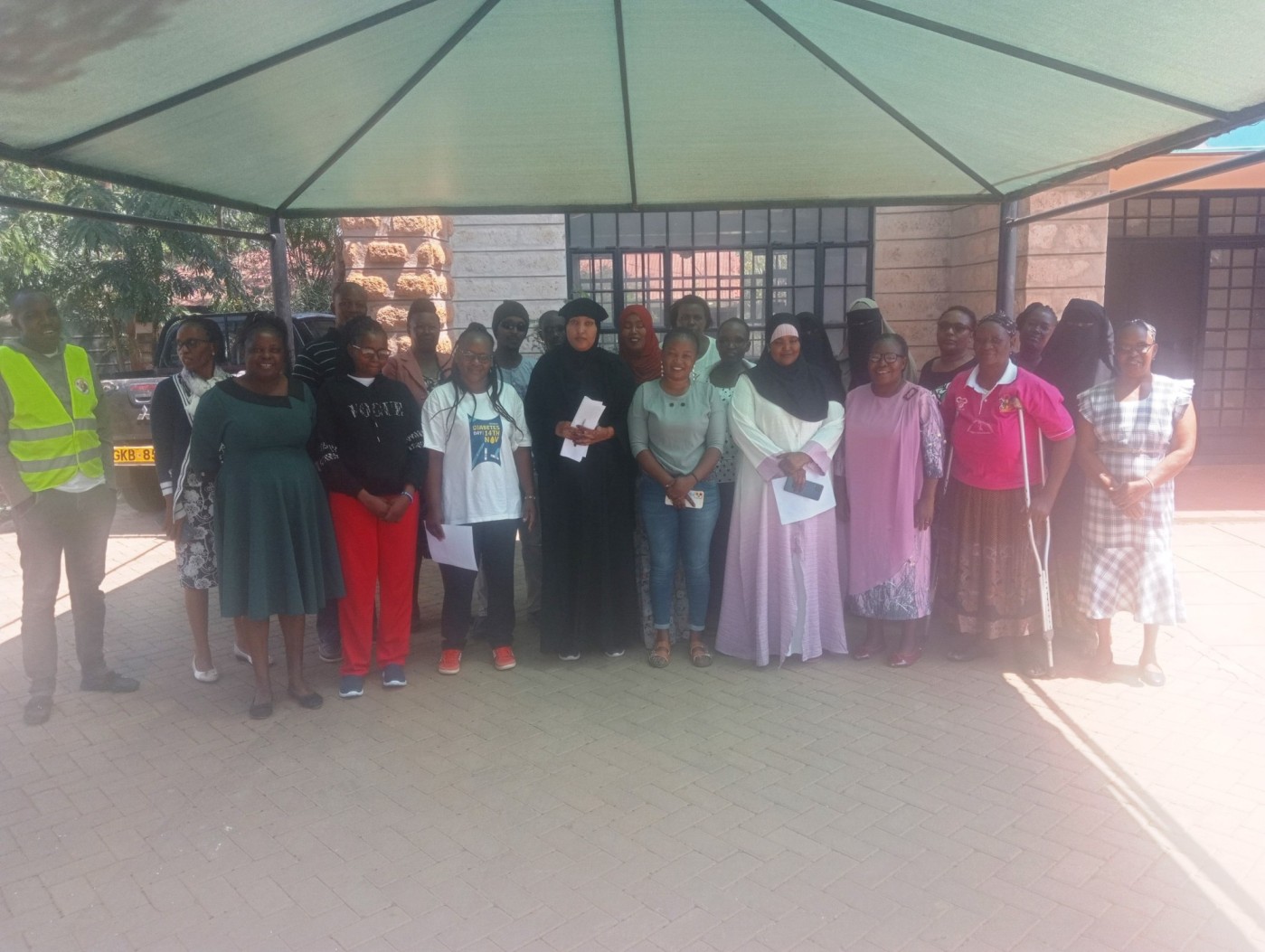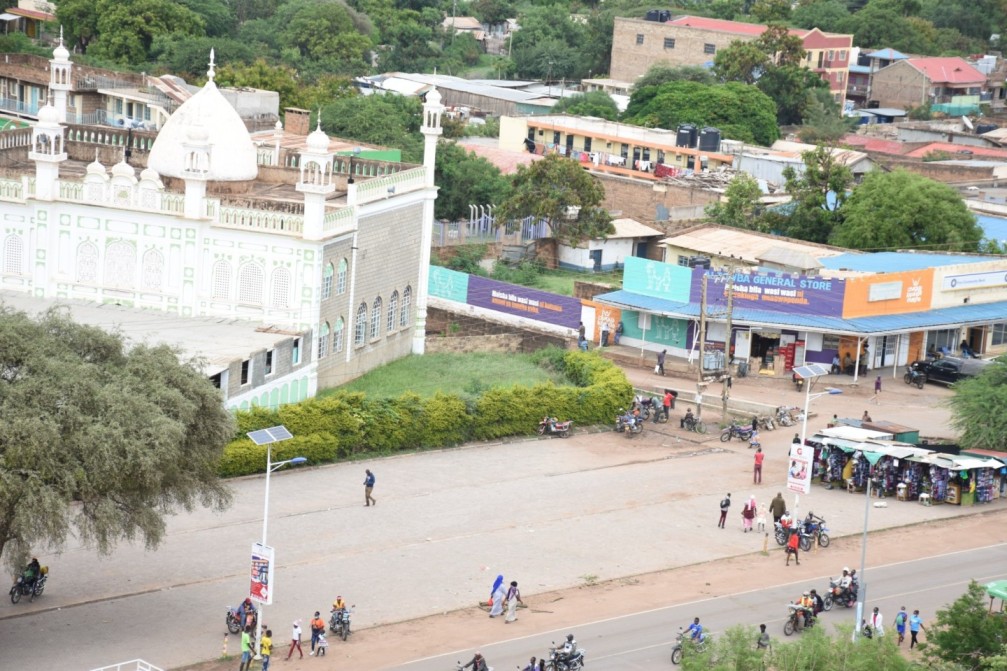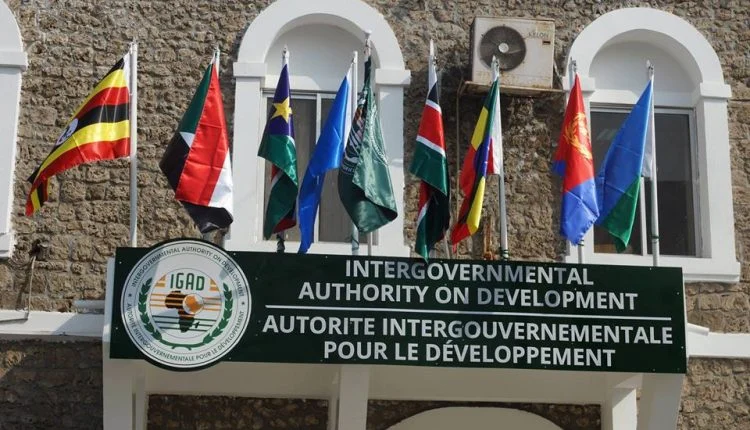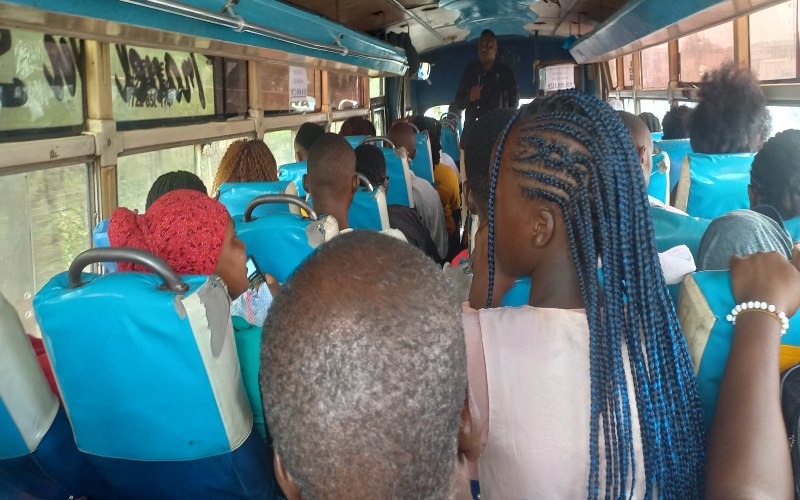Isiolo patients with non-communicable diseases demand special wing

The breast cancer survivor said patients battling the killer disease were being forced to travel to Meru Teaching and Referral Hospital's Cancer Centre for advanced screening.
Persons living with non-communicable diseases (NCD) in Isiolo County have implored the local government to introduce a wing at the County Referral Hospital to take care of their needs.
Non-communicable diseases are not transmissible directly from one person to another and include autoimmune conditions, heart disease, chronic kidney disease, cataracts, stroke, diabetes, osteoarthritis, cancer, and Alzheimer's disease, among others.
More To Read
- Study shows women under 50 face higher risk of colon growths from ultra-processed foods
- Study reveals why colorectal cancer resists immunotherapy
- Over 100 facilities accredited by SHA to provide cancer care after protests
- Hormonal contraceptives linked to higher breast cancer risk, study finds
- Kenya wins bid to host 2027 World Cancer Leaders’ Summit
- Lancet study confirms mesothelioma risk from asbestos exposure
Under the NCD Isiolo Chapter, they called for the recruitment of adequate medics and the stocking of public hospitals with the drugs they use to ease their treatment.
They also want a cancer screening and treatment centre to be established in the county to enable patients to access treatment locally.
Led by their Chairperson Miriam Githaiga, the majority of those who spoke to The Eastleigh Voice said they were visiting Isiolo Referral Hospital for their clinics but were not accessing the drugs they needed, exposing them to exploitation by private chemists that charge exorbitant prices.
The breast cancer survivor said patients battling the killer disease were being forced to travel to Meru Teaching and Referral Hospital's Cancer Centre for advanced screening and that not all the tests were available at the facility.
"The majority of the survivors, based on the stage of disease, are forced to travel to Nairobi for treatment, which is very expensive," she said.
Ashraf Mohammed, who suffered sight loss in one eye due to glaucoma, also shared similar sentiments. The chronic disease, which usually happens due to high eye pressure, affects the optic nerve that connects the eye to the brain, resulting in sight loss.
"The cheapest drug I use goes for Sh1500. Many of us have spent everything we had on medication. If the county would help us access subsidised drugs, it would offer some relief," she said, calling for consideration of their children for county and NG-CDF bursaries.
 An aerial view of Isiolo town. (Photo: Waweru Wairimu)
An aerial view of Isiolo town. (Photo: Waweru Wairimu)An aerial view of Isiolo town. (Photo: Waweru Wairimu)
Another member of the group, Mercy Kagwiria, who was diagnosed with leukaemia 11 years ago, is happy that an organisation chipped in and helped take care of her treatment.
Leukaemia is a cancer of blood-forming tissues that interferes with the body's ability to fight infection.
Its treatment varies, with a slow-growing one requiring monitoring and an aggressive type requiring chemotherapy, stem cell transplantation, and radiation therapy to put the disease into remission.
"We want a cancer centre established here in Isiolo to promote early diagnosis and ensure patients access all the services under one roof. We want to see patients diagnosed with the disease start treatment immediately," she said.
An appeal for the county government to employ enough oncologists to provide cancer care and treatment was also made.
Other Topics To Read
Sylvaria Mwiragua also shared her case, saying that she has been managing hypertension and diabetes for more than five years.
After many years of misdiagnosis and treatment for typhoid and amoeba, she discovered that she had a heart disease at age 54, but medics say she was born with the condition.
"My biggest challenge is access to drugs because they are very expensive. There are also not enough medics, such as physicians, at the referral hospital where I go for clinics," she lamented.
Due to the huge number of patients seeking physician's services at the hospital, she said, many of them are forced to wait for weeks to be attended to as they can not afford to seek the services at private hospitals.
The group has been sensitising local communities to the need to take cancer, diabetes, and blood pressure tests, among others.
"Our people are slowly embracing health-seeking behaviour, and we are optimistic more will come out and take tests for NCDs to help tackle the diseases," Miriam said adding that the chapter looks into the welfare of those living with NCDs and also agitates for their rights.
Top Stories Today














































